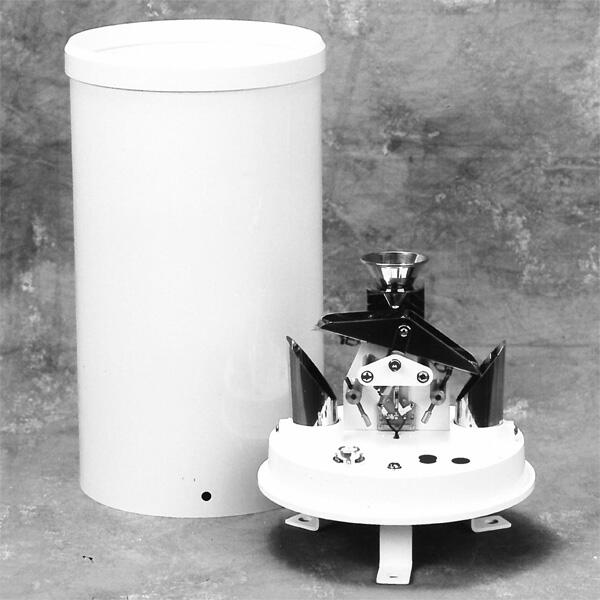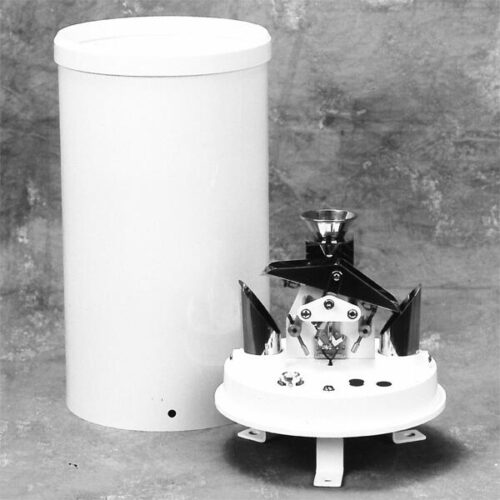
# 10 Practical Applications of Rain Gauges in Everyday Life
Rain gauges are simple yet essential tools used to measure the amount of precipitation over a specific period. While they are commonly associated with meteorology, their applications extend far beyond weather forecasting. Here are 10 practical uses of rain gauges in everyday life:
## 1. Agriculture and Irrigation Management
Farmers rely on rain gauges to monitor rainfall and determine the need for irrigation. By tracking precipitation levels, they can optimize water usage, reduce waste, and ensure crops receive adequate moisture for healthy growth.
## 2. Flood Prevention and Control
Rain gauges play a critical role in flood management. By measuring rainfall in real-time, authorities can predict potential flooding and take preventive measures, such as issuing warnings or activating drainage systems.
## 3. Gardening and Landscaping
Home gardeners and landscapers use rain gauges to assess how much water their plants receive naturally. This helps them adjust watering schedules, conserve water, and maintain lush, healthy gardens.
## 4. Water Resource Management
Rain gauges are vital for managing water resources in reservoirs, lakes, and rivers. Accurate rainfall data helps authorities plan water distribution, prevent shortages, and ensure sustainable usage.
## 5. Construction Planning
Construction projects often depend on weather conditions. Rain gauges help contractors monitor rainfall to avoid delays, plan work schedules, and protect materials from water damage.
## 6. Climate Research and Analysis
Scientists use rain gauges to collect long-term precipitation data, which is essential for studying climate patterns, predicting changes, and understanding the impact of global warming.
## 7. Urban Planning
City planners use rainfall data to design efficient drainage systems, prevent waterlogging, and ensure infrastructure can withstand extreme weather conditions.
## 8. Sports and Recreation
Outdoor sports facilities, such as golf courses and athletic fields, use rain gauges to monitor precipitation and maintain optimal playing conditions. This helps prevent waterlogging and ensures safety for players.
## 9. Disaster Preparedness
Rain gauges are crucial for disaster preparedness, especially in regions prone to heavy rainfall or hurricanes. Accurate data helps emergency services plan evacuations and allocate resources effectively.
## 10. Education and Awareness
Rain gauges are excellent educational tools for teaching students about weather, climate, and the water cycle. They also raise public awareness about the importance of water conservation and environmental stewardship.
From agriculture to urban planning, rain gauges are indispensable tools that contribute to various aspects of daily life. Their ability to provide accurate and timely data makes them invaluable for both personal and professional use. Whether you’re a farmer, gardener, or simply curious about the weather, a rain gauge can help you make informed decisions and better understand the world around you.
Keyword: 10 uses of rain gauge
